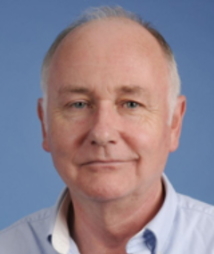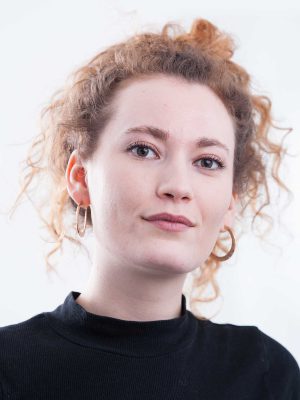Our Team
Muhammad Saleem Khan
Investigator Dr. Khan is an epidemiologist and biostatistician with a PhD in Public Health from Imperial College London, where his doctoral research explored the impact of environmental factors on cystic fibrosis disease severity using spatio-temporal analysis. He also holds an MPH from Imperial College London and an MSc in Epidemiology and Biostatistics from Aga Khan […]
Read moreMuhammad Saleem Khan
Investigator
Dr. Khan is an epidemiologist and biostatistician with a PhD in Public Health from Imperial College London, where his doctoral research explored the impact of environmental factors on cystic fibrosis disease severity using spatio-temporal analysis. He also holds an MPH from Imperial College London and an MSc in Epidemiology and Biostatistics from Aga Khan University, Pakistan.
Currently, Dr. Khan’s research focuses on the long-term effects of air pollution on lung function in individuals with cystic fibrosis, using data from the UK CF Registry. Additionally, he investigates trends in diabetes management outcomes, including HbA1c levels, hospital admissions for diabetic ketoacidosis, and severe hypoglycemia in adults with type 1 diabetes, using data from the National Diabetes Audit NHS England (2007/08 – 2022/23).
EEH Themes:

Dr Simon Bouffler
HPRU Knowledge Mobilisation Lead UK Health Security Agency Simon trained as a biologist, receiving a BSc and PhD from the University of Southampton and has worked in the radiation protection field for over 25 years. In his role of Head of Radiation Effects Department he has responsibility for epidemiological and experimental research related to radiation […]
Read moreDr Simon Bouffler

HPRU Knowledge Mobilisation Lead
UK Health Security Agency
Simon trained as a biologist, receiving a BSc and PhD from the University of Southampton and has worked in the radiation protection field for over 25 years. In his role of Head of Radiation Effects Department he has responsibility for epidemiological and experimental research related to radiation risk; this includes both ionising and non-ionising radiations and ultra-violet light. He has wide ranging research interests on the mechanisms of radiogenic diseases.
Simon has been involved in many radiation protection research projects and currently leads on stakeholder engagement for the EU CONCERT project. He is Chair of the MELODI Strategic Research Agenda working group and co-ordinated the RISK-IR project that investigated the effects of ionising radiation, particularly at low doses, on stem cell function. Simon has published extensively on radiation cancer and leukaemia mechanisms, radio-sensitivity, circulatory disease and eye lens sensitivity with over 100 peer reviewed publications.
In addition, Simon has a number of international advisory roles. He is the UK Representative to the United Nations Scientific Committee on the Effects of Atomic Radiation (UNSCEAR) and a member of the International Commission on Radiological Protection (ICRP) Main Commission. He is currently working with the US National Council on Radiation Protection and Measurement’s (NCRP) SC 1-26 on Approaches for Integrating Radiation Biology and Epidemiology for Enhancing Low Dose Risk Assessment. In 2018, Simon was awarded the Weiss medal by the Association for Radiation Research.
Publications:

Eve Taylor
Investigator Eve Taylor is a Research Associate with the Nicotine Research Group at King’s College London, having recently completed a PhD with the HPRU. Her work with the HPRU investigates toxicant exposure among people who vape and or smoke, with a particular focus on people with mental health conditions. EEH Themes: Theme I
Read moreEve Taylor

Investigator
Eve Taylor is a Research Associate with the Nicotine Research Group at King’s College London, having recently completed a PhD with the HPRU. Her work with the HPRU investigates toxicant exposure among people who vape and or smoke, with a particular focus on people with mental health conditions.
EEH Themes:
Volunteers 2014-2015
- Elisa Noël
- Alessandra Rossetti
- Mark Hopkins
- Nándor Hegyesi
- Tristan Thomsen
- David Guzman
- Raphael Gruber
- Zoé Girard
- Ellen Verstraete
- Aaron Durey
- Lucas De Wilde
- 女 司马
